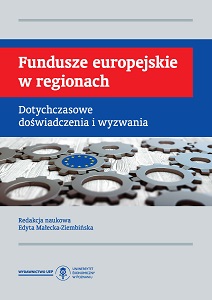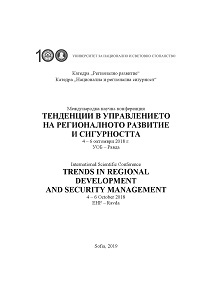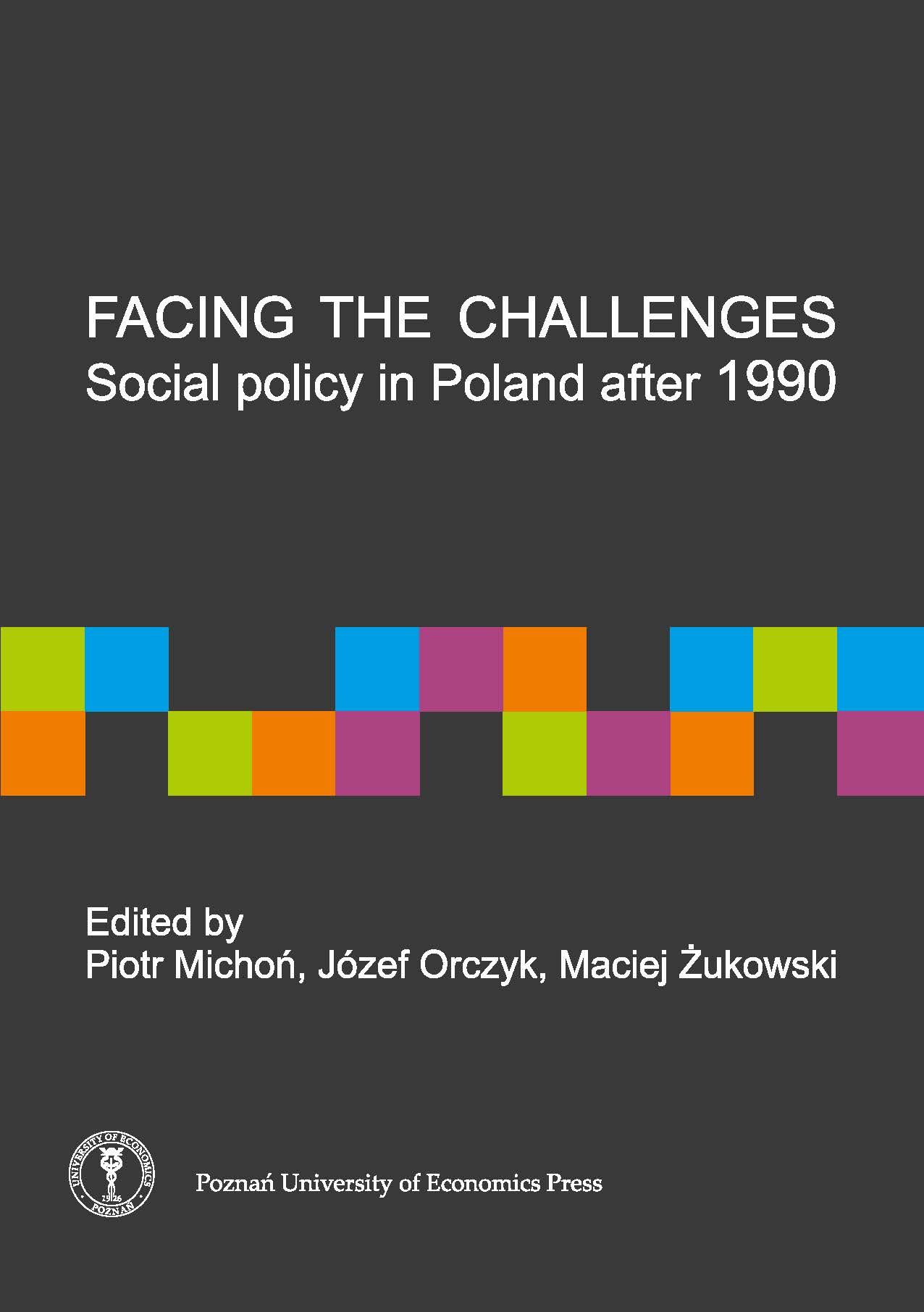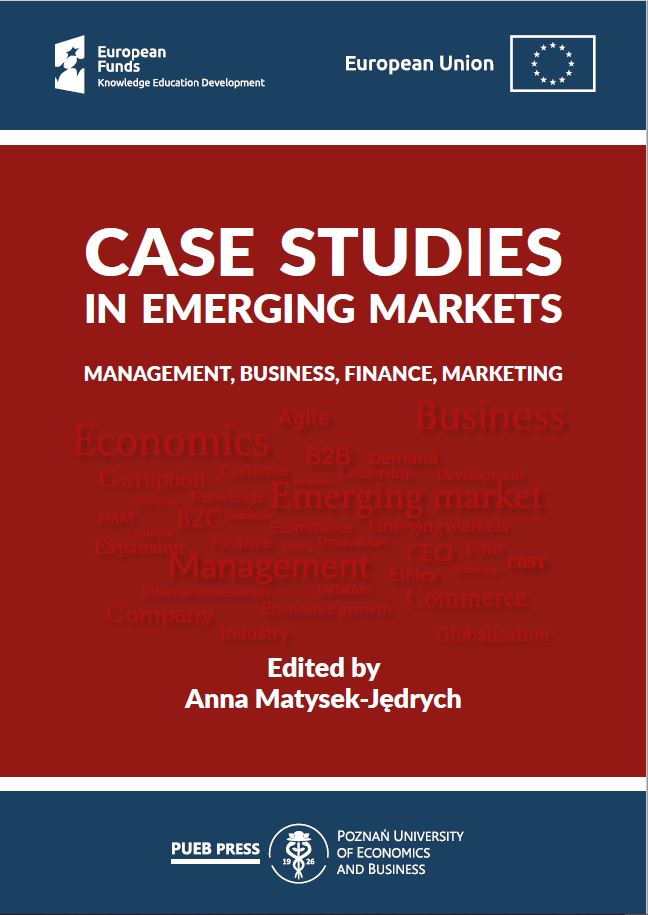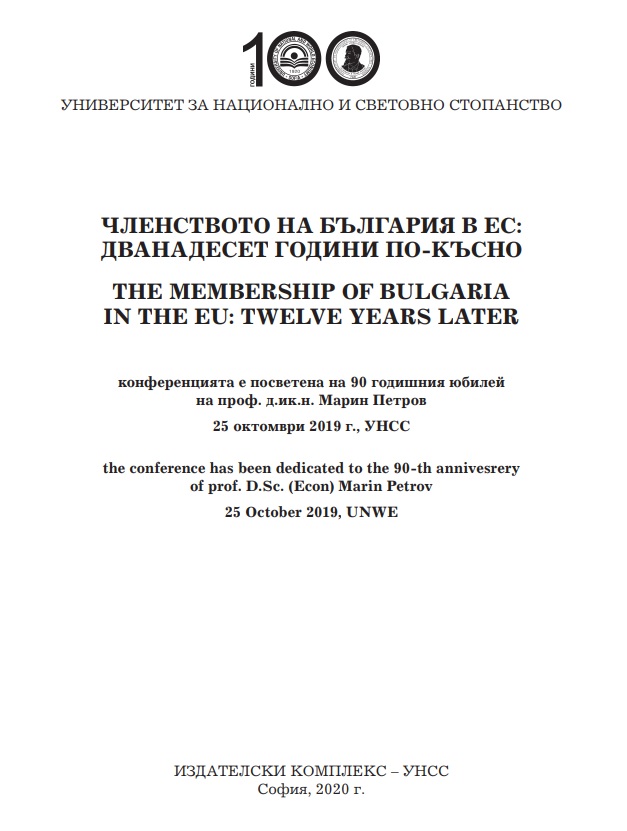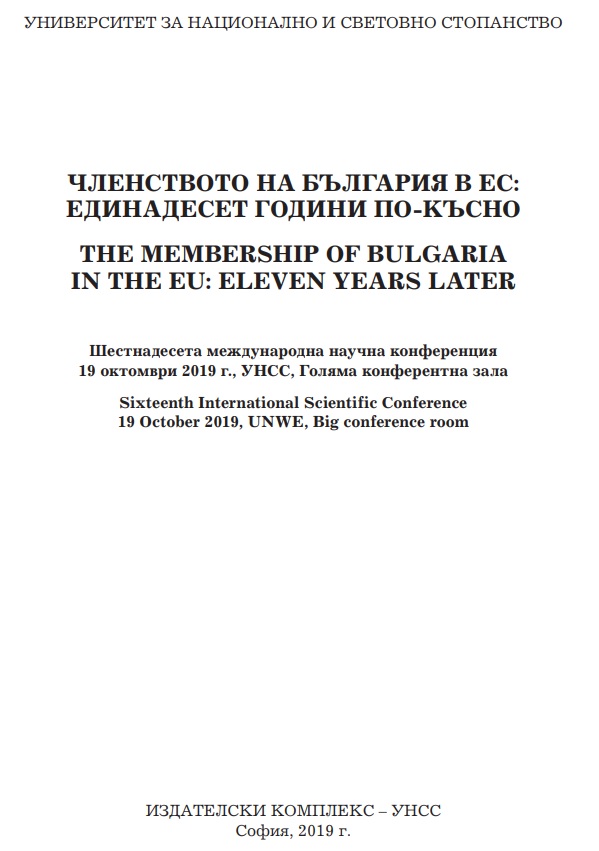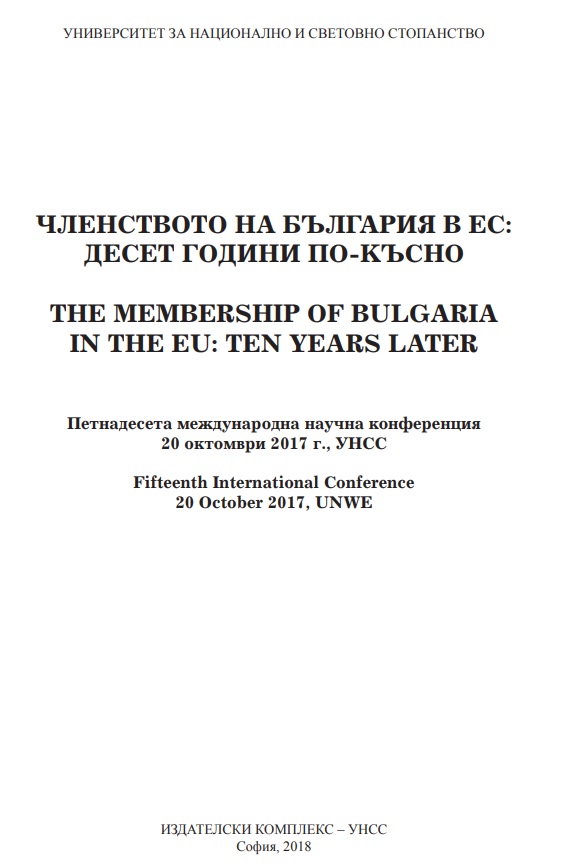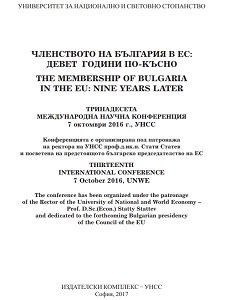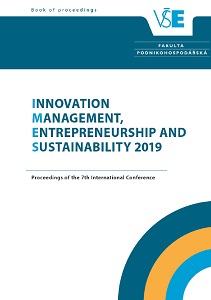
Entrepreneurial Activity in Slovakia: Selected Regional Aspects and the Role of Governmental Environment
Purpose: The main aim of our study was to contribute to this increasing body of the regional entrepreneurship literature by a better understanding of the regional entrepreneurial activity in Slovakia as an example of post-communist economy. Design/methodology/approach: We exploit the existing measures of entrepreneurship from Global Entrepreneurship Monitor and Statistical Office of the Slovak Republic, and we explore the inter-regional differences in the levels of entrepreneurial activity among eight Slovak NUTS 3 regions during years 2011-2015. We also employ the multivariate regression models and empirically investigate the relationship between the business environment and entrepreneurial activity in Slovakia. Findings: The average engagement in entrepreneurship in Slovakia was during the analysed period 16-18% of the economically active population depending on the measure used. The results of multivariate regression models have shown that the overall improvement of the general business environment positively influences the levels of entrepreneurship in Slovakia. Research/practical implications: We believe that such an observation may serve as an encouragement for the further efforts invested in improving business conditions for the established and new Slovak entrepreneurs. We also encourage future researchers to study further other location factors of entrepreneurial activity such as cultural, logistic and socioeconomic variables. Future research might also address the role of entrepreneurial infrastructure and public entrepreneurship and SME policies. Originality/value: The presented study empirically contributes to the body of knowledge on the regional entrepreneurship and the conducted approach towards quantification of the entrepreneurial activity might serve as an inspiration for other scholars.
More...
